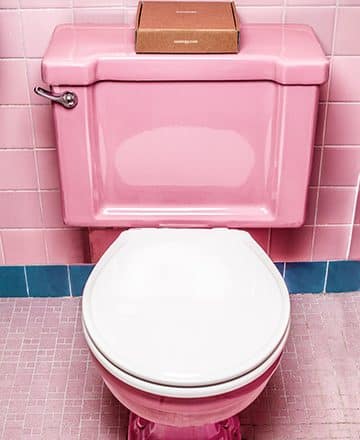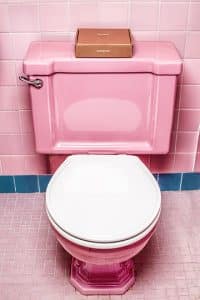How Necessary Are Supplements?
 Asking whether supplements are necessary for athletes is like asking if antibiotics are. If an athlete needs an antibiotic due to an infection, it is. The same is true of supplementation. Randomly taking nutrients won’t necessarily improve athletic performance. It might even diminish it. Determining what the athlete requires comes from identifying the needs and goals. The needs are determined by looking at health history, blood work, and training data. It also includes looking at the nutrients that improve performance for a specific sport.
Asking whether supplements are necessary for athletes is like asking if antibiotics are. If an athlete needs an antibiotic due to an infection, it is. The same is true of supplementation. Randomly taking nutrients won’t necessarily improve athletic performance. It might even diminish it. Determining what the athlete requires comes from identifying the needs and goals. The needs are determined by looking at health history, blood work, and training data. It also includes looking at the nutrients that improve performance for a specific sport.
Taking a supplement without knowing if you need it is useless and can be dangerous.
How do you know whether you need supplementation? You shouldn’t take any supplement just because a friend recommends it. That friend may have totally different needs than you do, even if he or she is in the same sport. Identifying whether an athlete needs specific nutrients requires a health history and bloodwork. It takes more information than knowing others benefitted from the supplement to ensure it’s right for you.
What do scientific studies say about the need for a specific supplement?
New scientific discoveries occur continuously. As science progresses, they can identify the effects a nutrient has on the body more clearly through research and studies. While the bloodwork and health history may indicate an athlete may have adequate nutrition for the average person, it may not be enough to enhance their energy, accelerate their recovery, and boost endurance. Personalizing the supplementation based on the amount necessary for the activity and the athlete’s health profile can determine if it’s a waste of money or a true benefit.
Start with nutrients from dietary sources.
It starts with a well-balanced diet created specifically for the athlete’s needs. The diet is personalized to ensure it contains all the nutrients necessary for superior performance. That decision is determined by more than just the type of sport played. The position played also makes a difference. Each position on a team does something different, creating varying demands on the body and specific needs.
- Some athletes require a weight loss plan that takes a special balance of diet and supplementation. The diet needs to reduce excess weight and still provide all the necessary nutrients. Supplementation can help.
- It’s possible to take excess amounts of certain supplements, such as fat-soluble vitamins. It can be dangerous for the athlete. Protein is necessary, but too much protein can cause a strain on the kidneys, dehydration, or digestive issues.
- Supplementation and anti-inflammatory foods can reduce muscle soreness and improve recovery. It can help athletes function at peak performance more quickly.
- A complete plan may include supplementation but should be designed specifically for each athlete. A customized plan prevents the potential for over supplementation and ensures the necessary nutrients are available.
For more information, contact us today at Iron Fit San Antonio



